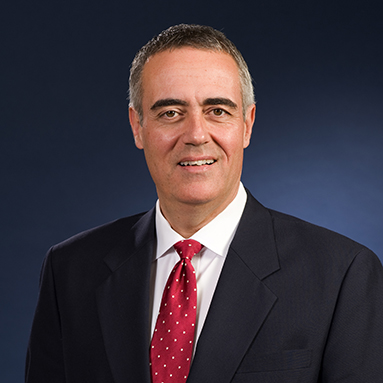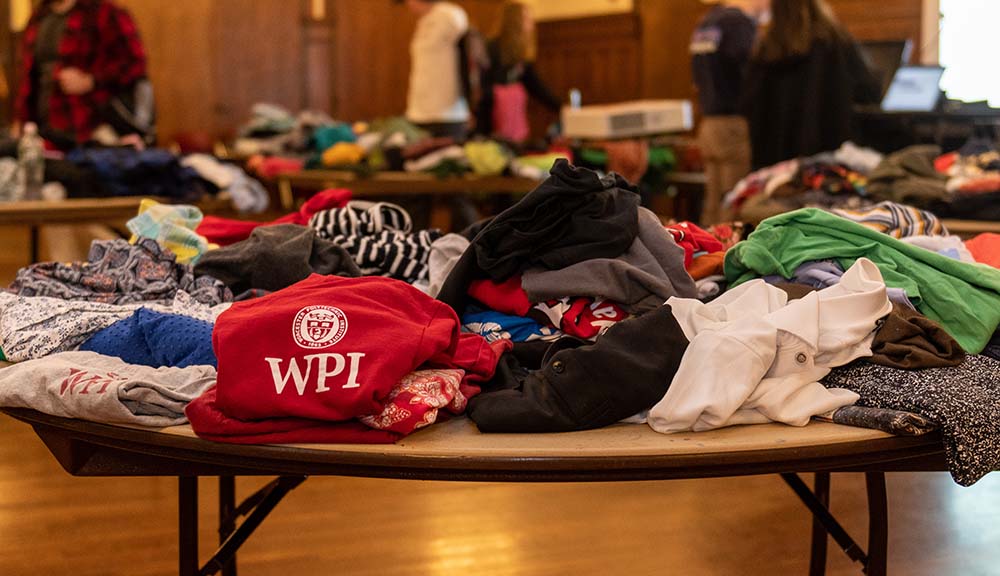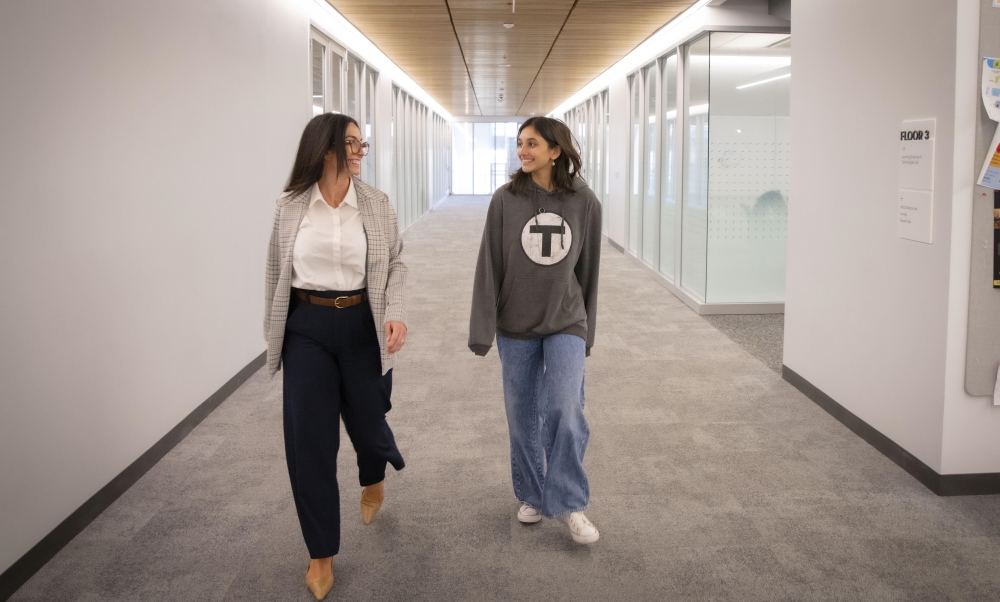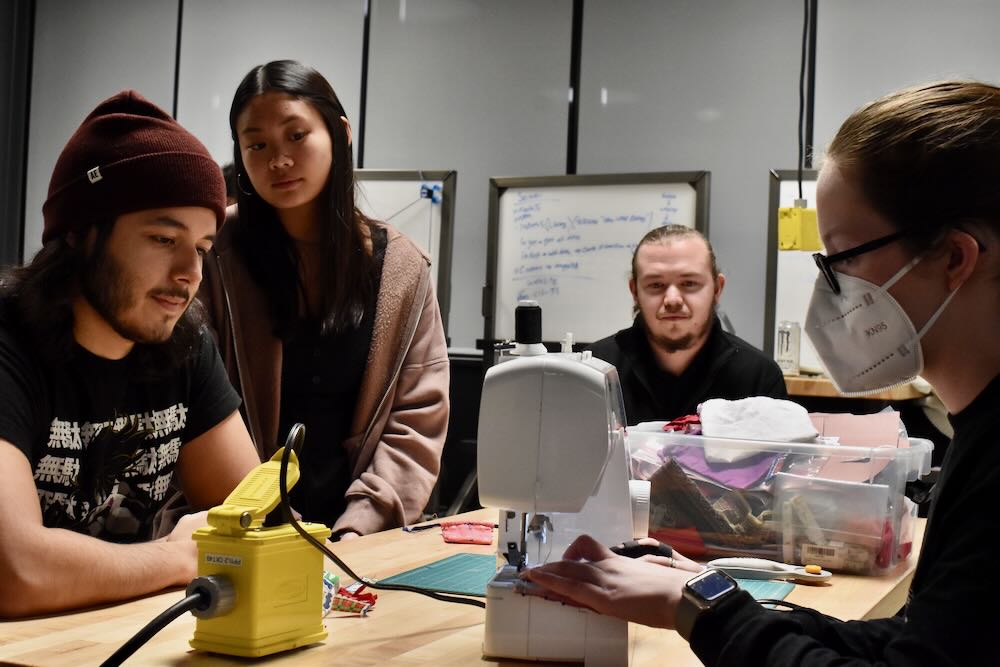Those projects will cover multiple avenues of sustainability improvement, including building energy, water, and transportation. In addition,” LePage notes, highlighting WPI’s dedication to the community as a whole, “one group’s work involves a food waste management IQP team project that I am advising, but is not associated with the WPI campus.”
The transportation project specifically involves many essential components to the primary goals of the sustainability plan: a broad issue of concern is dissected into new ways in which everyone can involve themselves to make a change for the better.
Transportation Alternatives project advisors Kris Boudreau and Rick Vaz are supervising a five-student team that is studying the commuting habits of the WPI community of students, staff, and faculty.
Their research is discovering that, until recently, student body data has been limited to those who reside on campus. Their team’s efforts are bringing light to what the commuting populace looks like.
“Our IQP team has collected and mapped data about where the WPI community lives, and has surveyed the population to learn more about how (and how often) they travel to campus, from what distances, and the extent to which they have used or would be willing to use alternative modes of transportation,” Boudreau says.
These findings will lead to structured recommendations for changes commuters could make to improve sustainability, the goal being eventual policy changes implemented by WPI Facilities. Boudreau and Vaz’s team is looking at other universities that have implemented infrastructure changes and are assessing details regarding partnerships with the city, Worcester Regional Transit Authority, or even other campuses to maximize results for these policy changes.
The topic has been a focus of the university since the President’s Task Force on Sustainability was created in 2008. It involves a three-pronged attack on the issues of social equity, economic growth, and environmental conservation. The WPI Sustainability Plan launched in 2012.
The goals of these efforts are to both nurture change on an individual level, keeping sustainability at the forefront of day to day operations, and implement aforementioned amendments to public policy and infrastructure when possible. This would result in the changes seen in campus life being reflected in the greater community.
The brown bag lunch, “Sustaining WPI – A New On-Campus Project Center Experience,” will be held Thursday, Jan. 23, 12–1pm, in the Hagglund Room of the Rubin Campus Center. Attendees are welcome to bring their own lunch; snacks and beverages will be provided.
Additional information about the WPI Sustainability Plan can be found here https://www.wpi.edu/sites/default/files/2021/01/08/Sustainability_Plan_2020-2025_Post1.1.pdf. Any students or student groups who are interested in embarking on a project related to sustainability may contact Suzanne LePage at slepage@wpi.edu with a “short (less than 250 words) statement describing your interests and experiences in sustainability, and select your 1st and 2nd choice of project topics.”
By Ryan Morin





